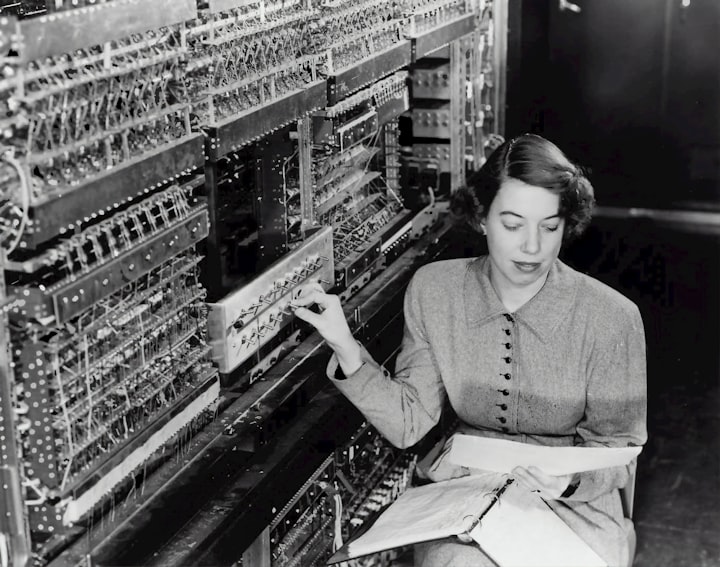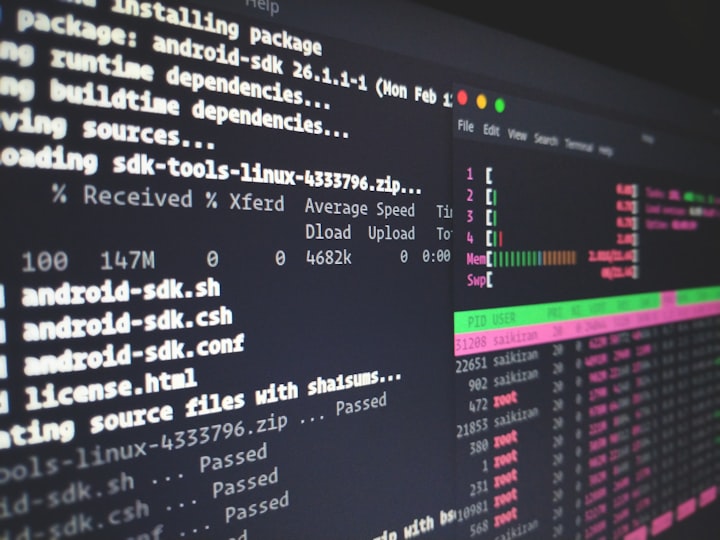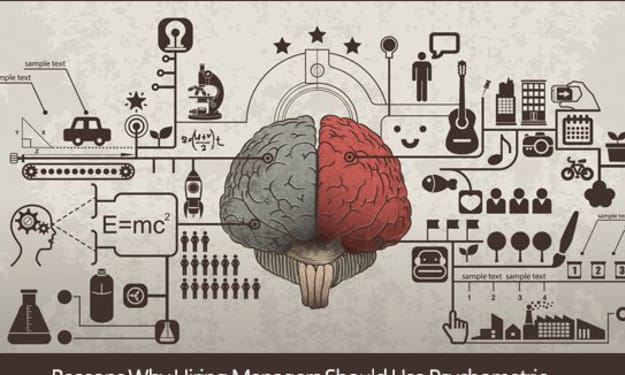
What is a PC?
A PC, an electronic gadget that can distinguish a bunch of orders, or a framework, and afterward play out this activity by performing estimations on mathematical information or by aggregating and joining different kinds of data. The advanced universe of high innovation would not be conceivable without the coming of PC innovation. Various sorts and kinds of PCs are accessible to the overall population for information stockpiling and the board, from private government records to bank exchanges to private home records.
PCs have opened up another time in mechanization creation, and further developed present day correspondence frameworks. They are a significant apparatus in pretty much every field of exploration and innovation utilized, from the making of general models to create future meteorological forecasts, and their utilization alone has opened up new spaces of hypothesis. Data set administrations and PC networks make accessible an assortment of wellsprings of data. Similar progressed techniques likewise make conceivably private assaults and confined wellsprings of data, however cybercrime has gotten one of the perils that society should confront on the off chance that it can partake in the advantages of current innovation.
Sorts of Computers
Two principle sorts of PCs are utilized today, simple and advanced, albeit the term PC is regularly used to allude just to a computerized type. Simple PCs utilize numerical similitudes between actual associations for explicit issues, and utilize electrical or pressure circuits (see FLUIDICS) to mirror a visual issue. Advanced PCs tackle issues by doing math and working with every digit with a number. Establishments containing both advanced and simple PCs are called half breed PCs. They are frequently utilized for issues where huge quantities of complex estimations, known as time augmentations, must be determined. Information in simple structure can likewise be gone into an advanced PC utilizing a simple to-computerized converter, just as review mode (see DIGITAL-TO-ANALOG CONVERTER).
Simple PCs
A simple PC is an electronic or vivid gadget intended to deal with contribution, for instance, power levels or pressing factor, rather than mathematical information. A basic simple estimation gadget is a slide rule, which utilizes the length of the scales to improve on duplication, division and different capacities. In a regular electronic simple PC, the information is changed over into wires that can be added or copied utilizing exceptionally planned circuit parts. Reactions are made ceaselessly to be shown or changed over to another ideal structure.
Advanced Computers
Everything an advanced PC does depends on a solitary capacity: the capacity to decide if a catch, or "door," is on or off. That is, a PC can just see two circuits in any of its sub-circuits: on or off, high force or low force, or — in case it is a number 0 or 1. The speed at which a PC plays out this straightforward activity, nonetheless, is the thing that makes it so astounding. with current innovation. PC speed is estimated by megaHertz, or a huge number of cycles each second. A PC with a "m clock speed" of 10 mHz - an all around addressed amplifier speed - can perform up to 10 million unique capacities each second. Business microcomputers can perform 15 to 40 million activities each second, while supercomputers utilized in examination and safeguard applications get velocities of billions of cycles each second. Advanced PC speed and computational force keep on working on the measure of information prepared during each cycle. In the event that a PC tests just each catch in turn, that switch can address just two orders or numbers; along these lines the ON will show the capacity or number one, and the OFF will demonstrate the other. By checking the associated switch bunches as a unit, notwithstanding, the PC builds the quantity of undertakings it can find in each cycle. For instance, a PC that tests two synchronous switches can deal with four numbers (0 to 3) or can perform one of four orders in each cycle, one for every one of the accompanying switch designs: OFF-OFF (0); CLOSED (1); CLOSED (2); or ON-ON (3).
History
The principal press, an antecedent to the advanced PC, was created in 1642 by French scholar Blaise Pascal. The machine utilized a progression of ten-toothed wheels, every one of which was harmed from 0 to 9 teeth. The wheels were associated so the numbers could be added to one another by pushing the wheels with the right number of teeth. During the 1670s the German scholar and mathematician Gottfried Wilhelm von Leibniz fostered the machine by making one that could be copied. French designer Joseph Marie Jacquard, in planning a programmed loom, utilized flimsy, shaped sheets to control the weaving of mind boggling plans. During the 1880s American mathematician Herman Hollerith imagined the possibility of using punctured cards, for example, Jacquard sheets, to handle information. Utilizing a framework that communicated recorded cards over electronic contacts, he had the option to accumulate 1890 registration information in the U.S.
Scientific Engine
Also, in the nineteenth century, British mathematician and designer Charles Babbage utilized current computerized PC frameworks. She became pregnant with various machines, like the Special Engine, which were intended to deal with complex numerical issues. Numerous students of history highlight Babbage and his associates, British mathematician Augusta Ada Byron (Lady Lovelace, 1815-52), little girl of the English writer Lord Byron, the genuine originators of the cutting edge advanced PC. The innovation of their time couldn't make an interpretation of their sound thoughts right into it; yet one of their creations, the Analytical Engine, had numerous advanced PC highlights. There was an info stream as a punch corner





Comments
There are no comments for this story
Be the first to respond and start the conversation.